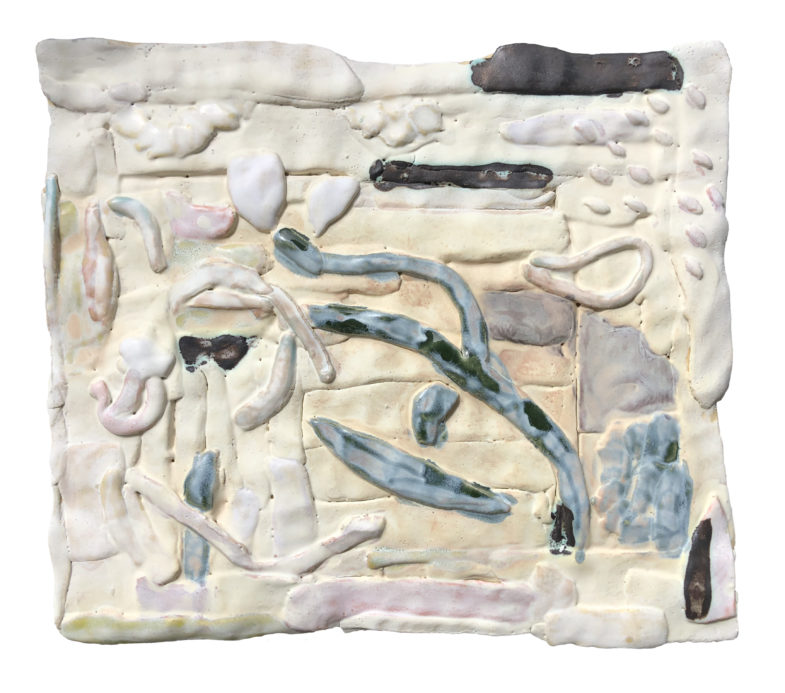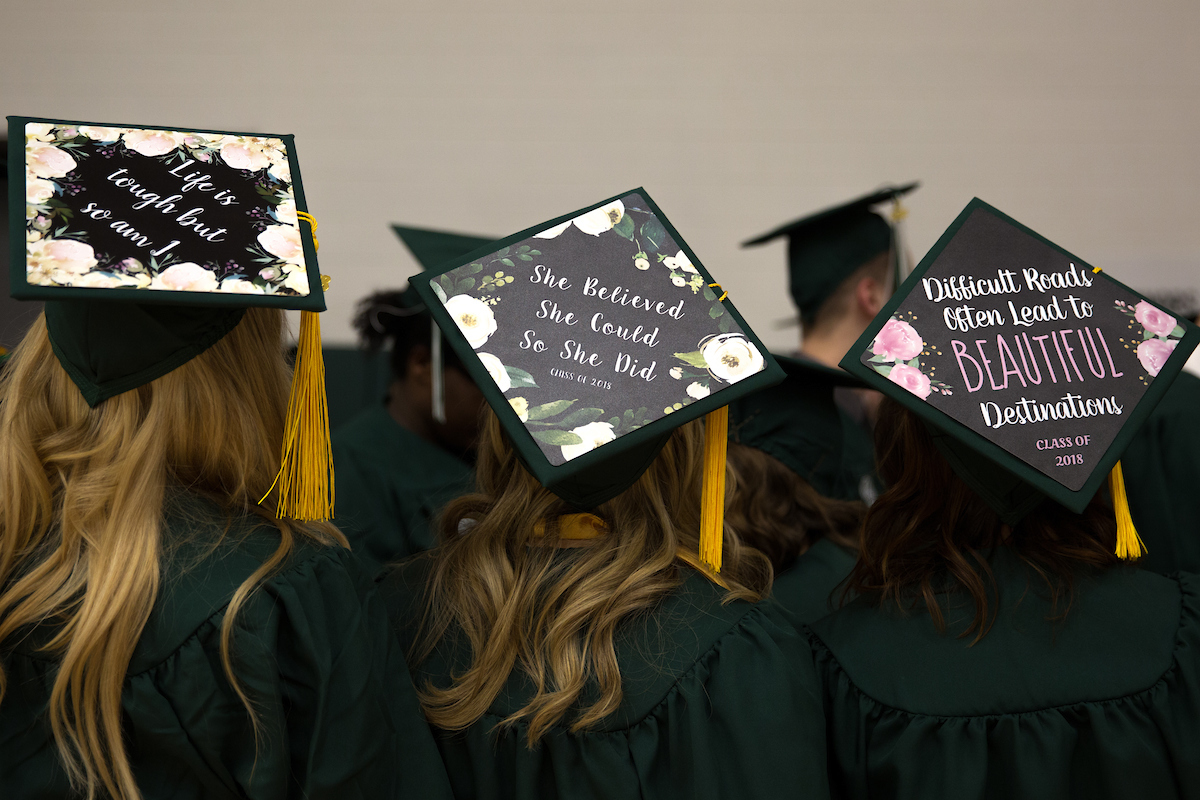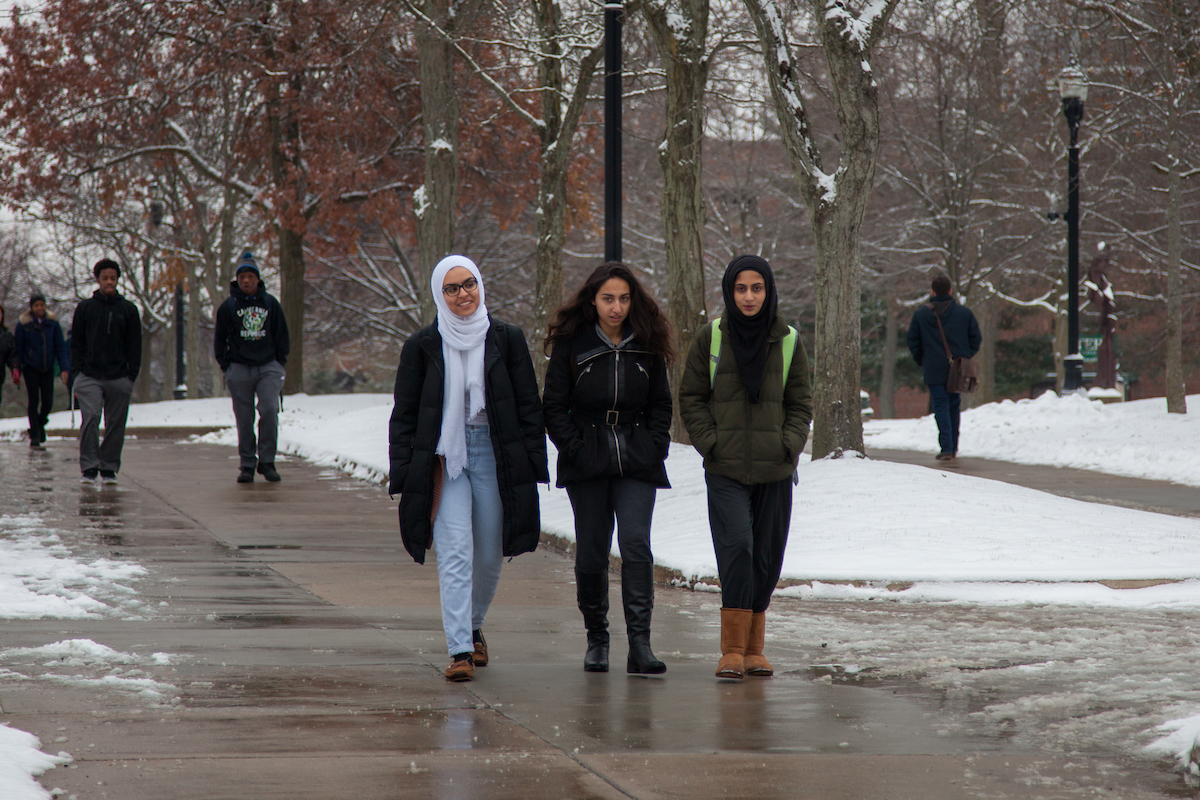What is interdisciplinarity, and why is it an important part of our program?One of the hallmarks of the Creative Writing Program at EMU is that it is interdisciplinary. Students in our program enjoy a rich, immersive experience in interdisciplinary practices through (1) the combining of creative writing with sound, visual, and performance arts; (2) the conjoining of literary studies with creative writing through critical and creative practices across the creative writing curriculum and through coursework that includes literary theory; and (3) cognate studies, which support creative writers in exploring creative and academic subjects that fuel their writing endeavors. Popular cognates include Visual Art and Photography, Philosophy, Women’s and Gender studies, Theater and Performance, Technical Writing, Linguistics, and Literary Studies. What is community outreach, and why is it important for our program?Community Outreach, is a vital and unique part of our graduate program. Each Creative Writing M.A. student chooses an arts organization or nonprofit to which they devote 30 hours of service. In this form of experiential education, students participate in meaningful service activities that meet identified community needs. Students also reflect on and theorize about that service to gain further understanding of (1) the role of the writer in civic life, (2) the transformative possibilities of language and writing in social contexts, (3) the ways in which students’ creative and intellectual skills (as writers, thinkers, problem solvers) are invaluable in the community/workplace, and (4) the possibilities of new forms of social and economic cooperation. Students thereby gain invaluable experience in arts administration, grant writing, editing, publicity, and/or teaching. The Creative Writing program supports each student’s community engagement with a class, CRTW 550, that is both a practicum of public projects in the arts and a mini-seminar that explores the significance of literary arts in community life. Learn more about Community Outreach, or Academic Service Learning, at EMU. What can you do with a M.A. in Creative Writing?An M.A. in Creative Writing provides students with the skills, knowledge, and experience necessary to enable their careers as writers. A Creative Writing degree helps students build foundational skills to prepare them for a variety of careers. Through the intense study of prose, poetry, new media and hybrid forms, our M.A. nourishes creative and critical problem-solving abilities, offers invaluable writing and editing experience, and teaches analytical thinking. After graduation, our students enter careers as writers, teachers, advertising copywriters, arts administrators, creative directors, digital copywriters, editors, librarians, social media managers, as well as careers in the non-profit sector. In addition, many of our Creative Writing M.A.'s go on to receive their MFA's and Ph.D.'s. Why an M.A. and not an MFA?While the MFA is considered a “terminal degree,” the M.A. in Creative Writing at EMU prepares its students for a wide range of ongoing creative, intellectual, and community-oriented endeavors. The M.A. in Creative Writing can augment a career path, open the door for more advanced study (MFA or Ph.D.), or offer a stepping stone to a new field of study. While the MFA is organized more strictly around traditional workshops focusing on genre-specific disciplines (poetry, fiction, and creative non-fiction), our M.A. at EMU is untraditionally expansive, exploratory, inquiry-driven, and critically grounded in both theory and practice. We do not ask our students to identify themselves by way of a single genre orientation, and our approach is hybrid and interdisciplinary. In short, the MA in Creative Writing at EMU deepen one’s sense of possibility for a range of cultural, educational, community and writing endeavors. Does the M.A. in Creative Writing offer teaching experience or opportunities for other types of funding?Yes, our graduate students are competitive for graduate assistantships in first-year writing, tutoring at the Writing Center, arts and journals administration. These positions offer tuition remission in addition to a monthly stipend. There are also campus wide assistantships available. While we accept applications for our MA program at anytime during the academic year (September through March), applications for these assistantship positions are due in mid-January. | 


